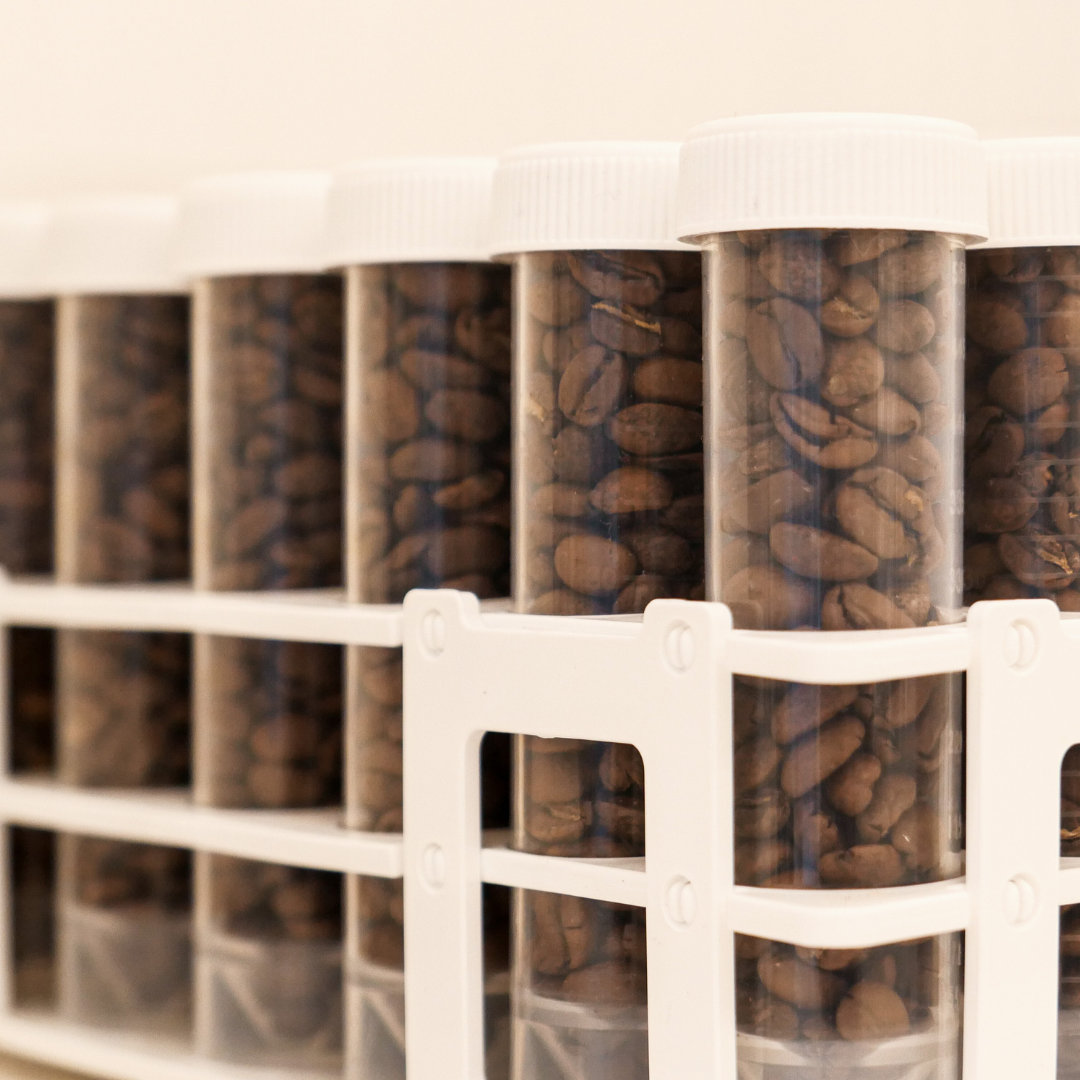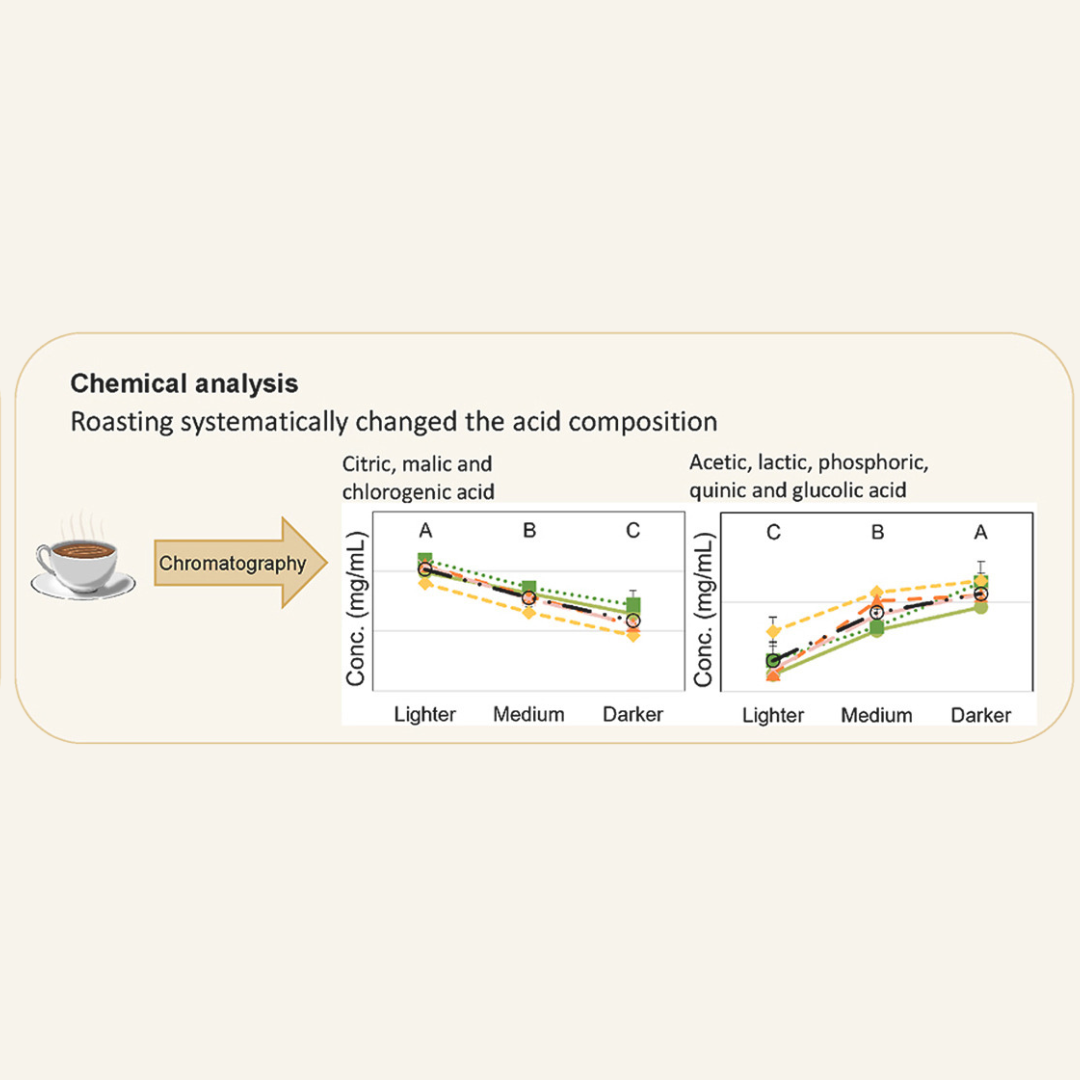What makes specialty coffee special
What is specialty coffee?
The term ‘specialty coffee’ has been a kind of word that describes not only the quality of coffee but also connotes the meaning of trends that represents our attitude and thoughts about coffee. Although still many people don’t understand or aren't even interested in specialty coffee, a number of coffee shops, roasters, and baristas emphasising that they use specialty coffee. Well, I’m not saying using specialty coffee is wrong, preferably, I honestly believe that using specialty grade coffees is better. Although specialty coffee is not a word for branding, many people have been doing this.
Specialty Coffee Association describes specialty coffee that,
"Specialty coffee can consistently exist through the dedication of the people who have made it their life's work to continually make quality their highest priority. This is not the work of only one person in the lifecycle of a coffee bean; specialty can only occur when all of those involved in the coffee value chain work in harmony and maintain a keen focus on standards and excellence from start to finish. This is no easy accomplishment, and yet because of these dedicated professionals, there are numerous specialty coffees available right now, across the globe, and likely right around the corner from you." (SCA, n.d., HTTPS://SCA.COFFEE/RESEARCH/WHAT-IS-SPECIALTY-COFFEE)
As you can see above, specialty coffee is a little complex concept. It’s not just a coffee that is scored over 80 points.
Why is specialty coffee important?
But then, why is it that important? First of all, it assures the quality of green coffee. No matter the coffee is roasted well or not, the SCA standard cupping scores assure the quality of coffee is good enough or not. On the other hand, we believe there are great values in specialty coffee such as sustainability and traceability. Sustainability is about how sustainable we could produce coffee. And traceability is about whether we can track the information about coffee from where it is from to where it is brewed.
Sustainability? Traceability?
Well, at some point, I totally agree, but I, also, disagree with the concept of sustainability and traceability. The reason why I say that I disagree with that is that we are still unsure whether the information given to us is clear and transparent or not. For example, still, most of the Ethiopian coffees are heirlooms, not a specific variety. And for Central American origins, sometimes, for example, a variety that we know as Caturra is discovered as the other variety. This means, even producers face a lack of information about where the original seedlings are from. I am NOT saying every farm is the same. But this is what I have seen from some cases in the origin while I’ve been doing direct trades. And some of you who have experience in the producing country, you may understand. Also, nothing can be sure of what is happening from when coffees are on the trees to arrive at our door. We know that this is almost impossible to track 100% transparent if you know economics. As you may know, it costs huge. Even though we make a system to enable us to track from the beginning to customers, we won’t be able to pay that money just for tracking. Consequently, we don’t really know where our coffees are really from, accurately, and transparently.
The real problem we face
Well, still, sustainability and traceability are a great concept and a valuable theme that we aim to achieve. But the problem that we face is not just transparency, credibility, and reliability of the information but also the fact that we are biased. Even myself often being biased about the flavour of the coffee. For example, we have an expectation that Ethiopian coffees are floral and fruity, and Brazilian coffees are chocolaty and nutty. It could be right. But it also could be wrong. The information we, as a roaster, receive and give to consumers may create a biased perception of the coffee. Traditionally, people, in general, used to believe that Yirgacheffe is a great coffee. And when they come to buy a bag of coffee and the bag says Ethiopia Kochere, they will be like, “Hey, do you have a Yirgacheffe? Not this Kochere?” We surely know that they are the same in terms of region. Kochere is just the name of the processing mill, and this gives more detailed information. The perception destroys the values we believe. But we cannot say the customers are wrong.
What do we really need?
The true value of the specialty coffee is not on the information. It should consist of all of the processes from when it’s planted through to roasting then to brewing. And finally, service is where we deliver the value of specialty coffee to our customers. It’s a bit paradoxical but selecting good quality specialty coffee doesn’t mean that the coffee as a product is special enough to be called ’specialty coffee’, in customers’ perspective. I understand that mentioning Starbucks is risky because some people hate them. However, in the global business context, Starbucks is the best one who delivers the value they believe to consumers, and their business outcome proves it.
Knowing consumers
No one can say whether they are right or wrong. But one thing that is really important for us is that we should respect our customers. No matter their taste and preference, what baristas should do is to make what customers want, to satisfy them with our products. To be honest, we often are proud of ourselves too much hence tending to disrespect what they want.
What baristas should do is to deliver what we believe through our products, not by verbal words. The true value of specialty coffee is not only upon the grade of the coffee but also consists of our attitude, philosophy, passion, and dedication. This is what we believe and why we exist.


